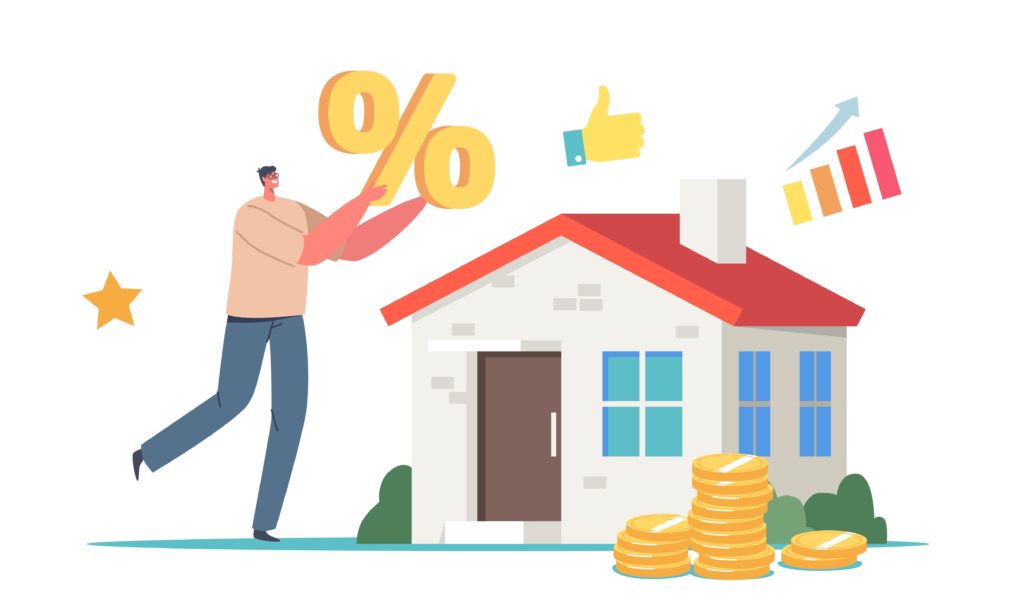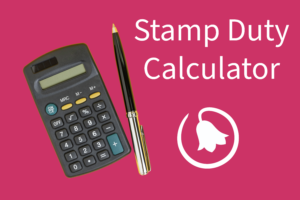Buy to Let
Many clients are looking at ways of supplementing their income and Buy to Let investment properties can be an effective way to achieve this. **
Bluebell Mortgages has a vast experience of the Buy to Let market and are able to offer our clients detailed advice on the correct method of funding potential purchases.
The Financial Conduct Authority does not regulate some forms of Buy to Lets.
Your home or property may be repossessed if you do not keep up repayments on your mortgage.
Request a call back
"*" indicates required fields
Buy-to-Let Mortgages Explained
How does a Buy to Let mortgage work?
Most Buy to Let mortgages are offered on an interest-only basis. This means that when you make a payment you are only paying the interest on the loan but none of the capital.
Whilst this may be good for short term cash flow, you will need to ensure that you have a plan in place to either pay off the full loan or refinance at the end of your mortgage term.
How much deposit will I need for a Buy-to-Let mortgage?
you’ll generally need a deposit of at least 25% of the value of the home.
As with normal residential mortgages, the larger the deposit you have, the better the deal you’ll be able to get. Some competitive Buy to Let rates can be available on mortgages with deposits of 40% and above.
Type of ownership
Personal or Company?
is whether to own your property within a limited company and arrange a limited company Buy to Let mortgage. Or whether to arrange a personal buy to let mortgage and purchase the property in your sole name.
Both have advantages and disadvantages in terms of tax treatment and making the wrong choice can cost you thousands of pounds.
There have been lots of changes in the Buy to Let market in recent years with new tax rules coming into force surrounding the deduction of mortgage interest and the increased rates of stamp duty for those buying second and subsequent properties. Nevertheless, the Buy to Let sector continues to show strong growth and returns. (1)
These tax changes, coupled with rule changes for lenders surrounding portfolio landlords, (defined as those with 4 or more mortgaged Buy to Let properties) have created tougher criteria for borrowers on rental coverage and affordability. This has in some circumstances made it harder to obtain a buy to let mortgage.
**Bluebell Mortgages does not provide tax advice, independent tax advice should be sought on investment
Source – (1) https://www.octanecapital.co.uk/media/press-releases/buy-to-let-sector-value-up-%C2%A3239bn-since-2017


What are the affordability rules for landlords?
And how are you assessed?
way that they are assessed.
As part of their affordability assessments, lenders use ratios to calculate how much profit a landlord is likely to make.
Lenders will use the rental income generated from renting the property to calculate out how much they will lend you.
If the ratio is sufficient then you will be eligible to apply for that loan size.
There are also other parameters we must hit in order for the buy to let loan to be granted, such as deposit size and personal income.
are subject to different assessments.
And may need to submit additional information such as Cash flow projections and business plans for their portfolio refinancing.
We see many scenarios where Buy to Let rental income doesn’t hit the lenders requirements, this is generally in areas with high property prices such as London. If the rental income doesn’t meet the lenders requirements, we have the ability to use “topslicing” which can generate a larger loan than basing the assessment on rental income only.
“Topslicing” of Buy to Let rental income works by enabling you to use any surplus personal income you have to meet the lenders rental criteria. The lender will assess your personal income and other commitments such as your personal residential mortgage and loans, credit cards etc to work out whether you have a surplus. Each lender that uses topslicing has their own criteria to calculate what your notional surplus income is. If they deem you have enough surplus income to cover any shortfall on your Buy to Let mortgage then you can obtain a larger loan than you would on rental income alone.
Topslicing is a great tool to use for some clients & portfolio landlords, but it can be very complicated.
Please contact us if you are having problems with low rental income restricting what you can borrow on a Buy to Let mortgage.
Let to Buy
Let to buy is a popular method of starting out as a landlord; instead of selling your current property you let it out and purchase a new property to live in. Let to buy has lots of advantages.
- Become a chain free buyer, this enables you to negotiate on the purchase price of your new property as you have nothing to sell.
- Create a buy to let investment from a property that you already own and know, rather than starting from scratch.
- Offset some of the cost of your new mortgage by using the rental profit you make on your existing house.
- Ensure a smooth moving day, as you are not selling your house you have no buyer wanting you to move at a set time.
- The let to buy mortgage can be taken on an interest only basis if you prefer to maximise your rental profit.
- Some lenders allow you to let out your property before buying, if for example you wanted to go into rented accommodation yourself. A let to let!
Let to buy can be a complex mortgage to organise so it is important you get advice on how everything fits together.
- These types of mortgage can be more expensive
- A higher deposit is often required, which may be difficult if there isn’t enough equity in the property
- A Let to Buy mortgage is based on expected rental income of the property rather than on personal income


Limited Company Buy to Let Mortgages
Limited company Buy to Let mortgages are a complex area and there is no "one size fits all" in this area, it is therefore essential that you obtain the correct advice.
- Purchase a buy to let property as a company rather than an individual
- Can offer tax advantages as you can deduct your mortgage interest as an expense
- Inter-company loan options available for your deposit funds which potentially save you personal taxation on your deposit.
- Good for succession planning as you can add shareholders to the company
- Ring fence your investment portfolio from your personal assets and other creditors
- Leave money in your property company and only pay corporation tax on company profits instead of income tax
- Reinvest company profits into further property purchases
**Bluebell Mortgages does not provide tax advice, independent tax advice should be sought on investments
- If a property is transferred into a Ltd Co. Buy to Let, it may be subject to Capital Gains Tax & Stamp Duty
- Withdrawing profits will still be subject to personal tax
- Potential administration costs of Ltd Company.
**Bluebell Mortgages does not provide tax advice, independent tax advice should be sought on investments
Why Should I Seek professional Advice?
There have been some changes in the Buy to Let market recently with tax changes coming into force surrounding the deduction of mortgage interest and the increased rate of stamp duty on second properties.
These changes, coupled with new rules surrounding professional landlords, (defined as those with 4 or more mortgaged Buy To Let properties) have created tougher criteria for borrowers on rental coverage and affordability. This will make it harder to obtain buy to let finance.
It is therefore essential that you receive the correct advice before making any decisions.
Bluebell can advise on various ways of structuring your property purchase or refinance that may make it more tax efficient.
We can also refer you to a third-party associated chartered tax accountant if more detailed advice is required.
If you already have a Buy To Let property or portfolio, Bluebell can advise on remortgage options to lower your interest payments or raise capital for your further investment plans.

Your property may be repossessed if you do not keep up repayments on your mortgage.
*The Financial Conduct Authority does not regulate some forms of Buy to Lets.
**Bluebell Mortgages does not provide tax advice, independent tax advice should be sought on investments
Contact Us for your Free initial appointment
01473 213312
Have questions about Buy to Let? Call us on 01473 213312
Knowledge Base

Stamp Duty Calculator
Stamp Duty is a term that can send shivers down the spine of homebuyers across the UK, and for good reason. It’s a

Navigating 2024: A Comprehensive Guide for Landlords
2024 promises to be an eventful year for hands-on landlords, with several significant developments on the horizon. The potential progression of the Renters

Tips For Viewing a Property
Spring is a great time for moving home, however property viewings can be an overwhelming experience, so we’ve a few top tips to

What is an Agreement In Principle (AIP)
Agreement in Principle (AIP) The way it works is as follows: An Agreement in Principle is a security blanket for you, based on

Credit Score Guide
Do you pay your debts back on time? The credit rating and credit score, it’s a bit like a mythical beast with many

Home Buyers Glossary
Home buyers are often faced with lots of jargon and unfamiliar terminology, so we thought we’d round up some of the most common

Inflation, Interest Rates and Your Mortgage FAQ’s
What is the Bank of England base rate? The base rate is a standard for the cost of borrowing money. It is significant

Guide to different types of mortgages
There are a few different types of mortgage, each with their own advantages and drawbacks.To help you get informed and understand what’s out









